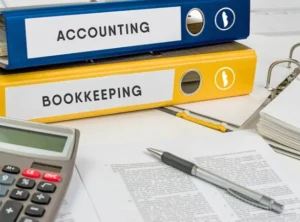“Taxes are the price we pay for a civilized society.” — Oliver Wendell Holmes Jr.
…But they don’t have to cost you your sanity. Whether you’re newly self-employed, managing a side income, or navigating your first tax season in Canada, this Beginner’s Guide to Tax and Accounting is designed to make the essentials clear. A solid understanding of the basics not only helps you stay compliant, it gives you more confidence and control over your finances.
Introduction: It’s Okay to Feel Overwhelmed
Let’s be honest: taxes and accounting sound like a foreign language when you’re new to them. If you’re a freelancer invoicing your first client, a student working a side gig, or a newcomer setting up a small business in Ontario, paperwork panic is real.
Why this matters:
Even if you hire help later, knowing the basics protects you from costly errors.
In the 2025 tax-filing season, the CRA received over 30 million income tax and benefit returns, with nearly 93% filed online. This highlights the importance of accurate filing to avoid penalties or audits.
Source: Canada Revenue Agency – Individual Income Tax Return Statistics for the 2025 Tax-Filing Season
This guide is for you if:
- You earn income in Canada (T4, self-employed, or side hustle).
- You’ve ever asked, “Do I need to charge HST?” or “What’s a T2202?”
Understanding the Basics of Tax Filing in Canada
What Are Taxes?
- Federal taxes fund national programs (e.g., defense, CPP).
- Provincial taxes (Ontario) pay for healthcare, schools, roads.
- The CRA (Canada Revenue Agency) is the tax collector and enforcer. It processes returns, issues refunds, and audits filings.
Types of Taxes You’ll Likely Pay
| Tax Type | Who Pays? | Key Details |
| Personal Income Tax | Everyone earning income | Brackets range from 15%–33% federally + Ontario rates |
| GST/HST | Businesses selling goods/services | Ontario HST = 13% (combines GST+PST) |
| Payroll Taxes | Employers with staff | Includes CPP/EI remittances |
| Self-Employment Tax | Freelancers/contractors | Pay both employer + employee CPP portions |
Source: Canada Revenue Agency
Accounting Basics for Beginners in Canada
Accounting = Tracking money in vs. money out. Ignore this, and you risk:
- Overpaying taxes (by missing deductions).
- CRA penalties for inaccurate filings.
Source: Interest and penalties on late taxes – Canada.ca
Key Documents Made Simple:
- Income Statement: Profit/loss over time (“Did I make money this month?”).
- Balance Sheet: What you own (assets) vs. owe (liabilities) (“What’s my net worth?”).
- Cash Flow Statement: How cash moves in/out (“Can I pay rent next week?”).
Pro Tip: A $0 bank balance ≠ $0 profit. Unpaid invoices count as taxable income!
Common Tax Terms (Demystified)
- Taxable Income: What’s left after deductions (rent, supplies, etc.).
- Deductions vs. Credits: Deductions reduce taxable income; credits cut taxes owed (e.g., Ontario Trillium Benefit).
- Write-offs: Legit business expenses (e.g., home office internet, mileage).
- CRA MyAccount: Your online portal to file taxes online, track refunds, and update details. Set this up now.
Filing Taxes in Ontario: Deadlines & Documents for 2025
Key Dates for 2025
- April 30, 2025: Deadline for most individuals to file their income tax and benefit return and pay any taxes owed
- June 15, 2025: Deadline to file your income tax and benefit return if you, or your spouse or common-law partner, are self-employed. Since June 15 falls on a Sunday, the CRA will consider your return filed on time if received on or before June 16, 2025. However, any taxes owed must still be paid by April 30, 2025 to avoid interest.
Source: Canada Revenue Agency – Important Dates for Individuals
Documents Checklist
Keep these handy:
- T4 (employment income)
- T5 (investment income)
- Invoices & expense receipts
- HST collected/paid records
Risks of Late/Missed Filing
- Penalties: The CRA late-filing penalty is 5% of any balance owing, plus an additional 1% for each full month the return is late (up to 12 months). If you’ve been penalized in the last three years, this increases to 10% plus 2% per late month (up to 20 months).
- Interest: Interest is charged on any unpaid balance from the day after the due date until fully paid. The interest rate is compounded daily.
- Audits: The CRA may review returns up to three years back, or beyond in cases of misrepresentation, fraud, or neglect.
Reference: Canada Revenue Agency – Late Filing Penalties and Interest
Year-Round Organization Tips
- Track income/expenses monthly: Use apps like QuickBooks Self-Employed or Wave (free for basic use).
- Digitize receipts: Try Dropbox or Google Drive.
- Set calendar alerts: For quarterly HST deadlines (if registered).
Reality Check: Scrambling for crumpled coffee receipts on April 29 is not a strategy.
Source: QuickBooks Solopreneur | Wave Financial
When to Call a Tax Pro in Ontario
You likely need help if:
- You incorporated a business or hired employees.
- You filed an HST return incorrectly.
- You inherited assets or sold property.
Ask potential accountants:
- “Do you handle clients like me?”
- “What’s your fee structure?”
- “Do you offer CRA audit support?”
Local Insight: Ontario-specific rules (e.g., EHT payroll tax) trip up many beginners.
Closing Thoughts: You’ve Got This
Understanding taxes isn’t about becoming a CPA; it’s about making informed decisions. Start small:
- Open a separate business bank account.
- Log expenses for 15 minutes each week.
- Bookmark the CRA’s What’s New for 2025 page.
“The hardest part is starting.” Once you do, confidence follows.
Need help simplifying your taxes? AccTax guides freelancers, startups, and newcomers, without the jargon.
Connect with us:




